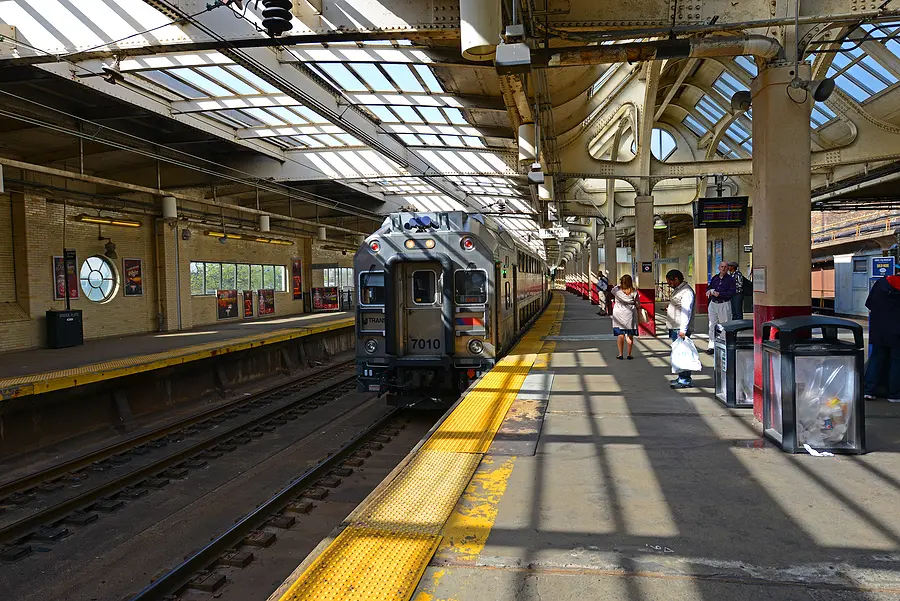
New Jersey Transit faced a rough patch in the summer and fall of 2024, with widespread train cancellations and delays frustrating thousands of daily commuters. Problems ranged from equipment failures to outdated infrastructure and extreme weather. Amtrak, whose tracks NJ Transit relies on for key routes, experienced issues with signals and overhead wires, leading to significant disruptions. Mechanical breakdowns from NJ Transit’s aging fleet compounded the issue, causing nearly 1,800 cancellations. While new trains are on the way, production delays have left commuters stuck with an unreliable system.
The situation was worsened by NJ Transit’s poor on-time performance, with the agency missing its punctuality targets during the busiest months. A significant number of trains failed to meet scheduled times, particularly during peak summer heat and frequent infrastructure malfunctions. Despite past problems with staffing shortages, which had caused cancellations in previous years, workforce issues have largely improved. The agency undertook aggressive hiring to bolster its pool of engineers, reducing this source of delays significantly.
However, there’s an ongoing risk of labor disputes. NJ Transit’s locomotive engineers have been working without a contract since 2019, and if negotiations fail, the threat of a strike could paralyze the system further in 2025, leaving the region’s commuters bracing for more disruptions. Adding to the struggle are ongoing repair projects, extreme weather conditions, and the state’s aging infrastructure. The ripple effects of delays or canceled trains have made it difficult for commuters to rely on consistent schedules.
In an effort to appease frustrated riders, NJ Transit offered a week of free rides in late August as a goodwill gesture. However, long-term solutions—like infrastructure upgrades and new fleet deployments—remain out of reach for now, as new trains are still months away from testing. Without these essential updates, many of the problems commuters faced in 2024 are expected to linger well into 2025.
While the agency has applied for federal grants to modernize its systems, many riders still experience daily headaches due to aging equipment, especially during extreme heat, which affects power lines and signals. For now, NJ Transit’s troubles continue to overshadow any improvements made, leaving commuters hoping that major changes come sooner rather than later.

